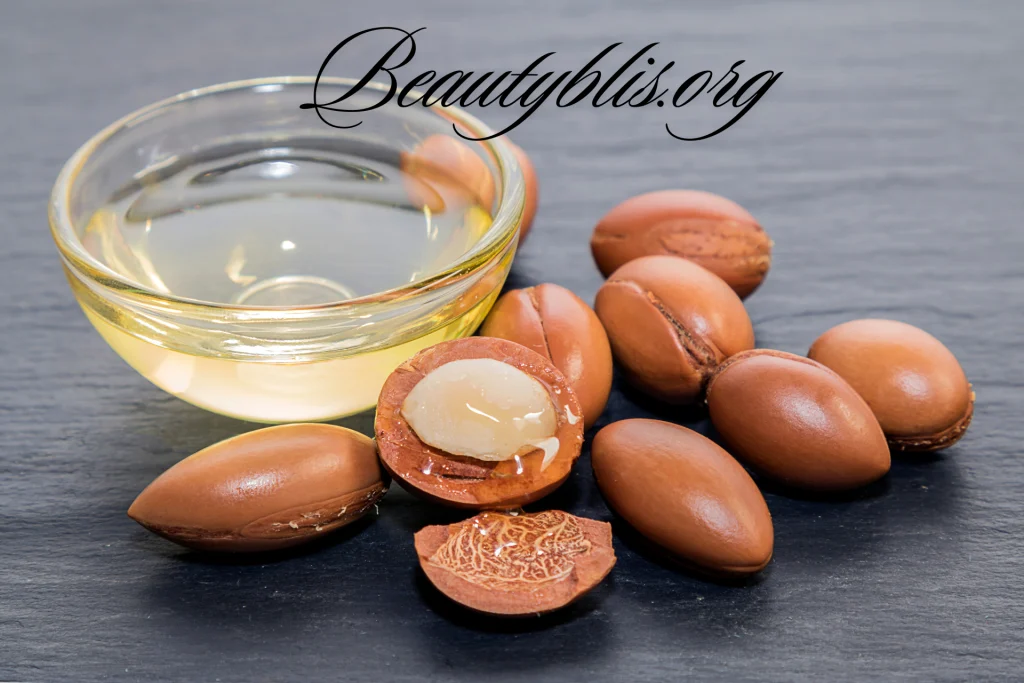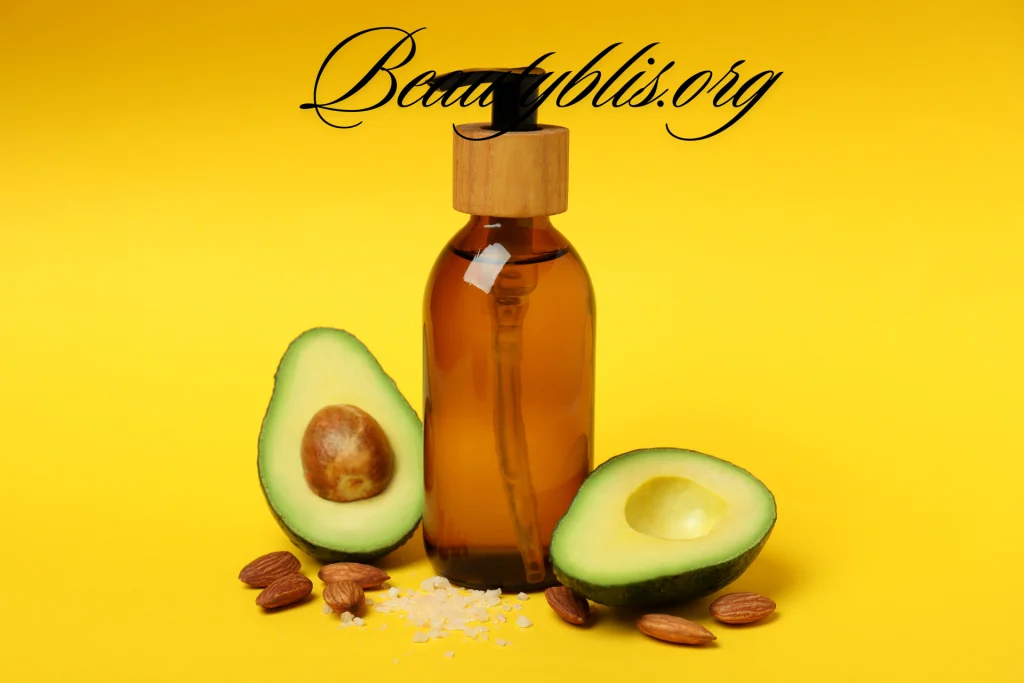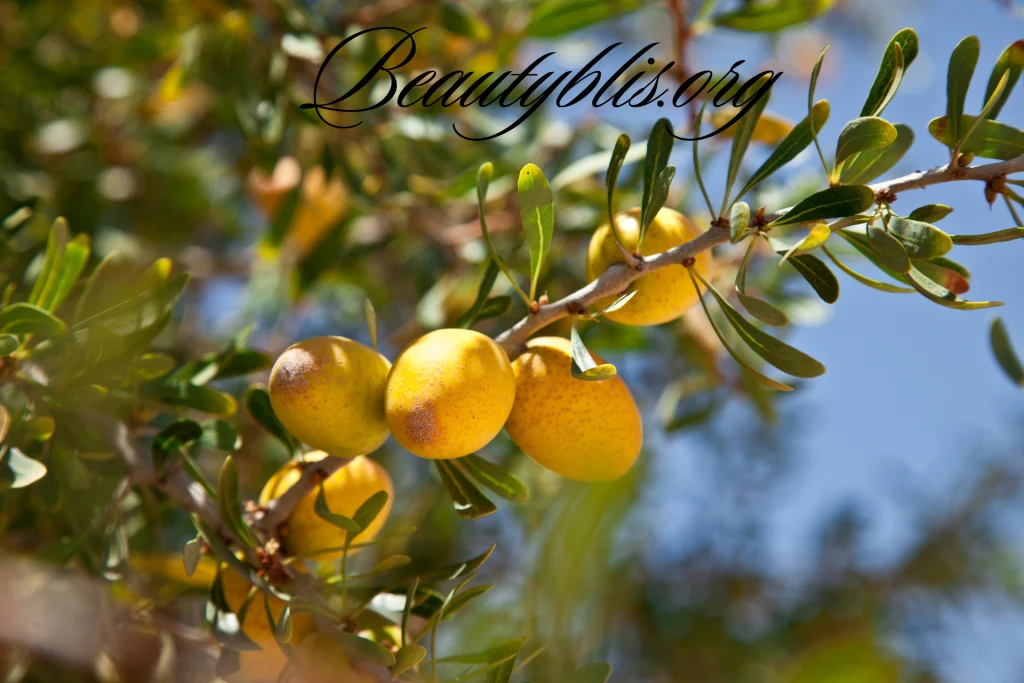Sustainable argan oil production is not just a trend; it represents a vital intersection of environmental conservation, economic empowerment, and cultural heritage. As consumers increasingly seek eco-friendly and ethically sourced products, understanding the principles and practices behind sustainable argan oil production becomes essential. This article will explore the nuances of sustainable argan oil production, its benefits, and the strategies that contribute to its success.

The Importance of Argan Oil
Argan oil, derived from the nuts of the argan tree (Argania spinosa), has gained immense popularity for its culinary and cosmetic applications. Known for its rich nutritional profile, argan oil is packed with antioxidants, essential fatty acids, and vitamins that promote skin health, hair nourishment, and overall well-being. However, the rise in demand has put pressure on the argan forests of Morocco, making sustainable production practices crucial.
Understanding Sustainable Practices in Argan Oil Production
Sustainable argan oil production involves methods that protect the environment, support local communities, and ensure the longevity of the argan tree. Here are some key practices that define sustainability in this industry:

1. Community-Based Cooperatives
Many argan oil producers operate through cooperatives, which empower local women and provide them with fair wages. These cooperatives not only ensure that profits are distributed equitably but also foster community development. By supporting these cooperatives, consumers can contribute to the economic stability of rural areas in Morocco.
2. Environmental Conservation
Sustainable argan oil production emphasizes the preservation of the argan forest ecosystem. This includes responsible harvesting practices that prevent over-extraction of nuts, ensuring that the trees can regenerate. Additionally, many cooperatives engage in reforestation efforts to combat deforestation and promote biodiversity.
3. Organic Farming Practices
Using organic farming methods is a hallmark of sustainable argan oil production. This means avoiding synthetic fertilizers and pesticides, which can harm the environment and the health of local communities. Instead, producers often rely on traditional techniques that have been passed down through generations, promoting a healthier ecosystem.
The Economic Impact of Sustainable Argan Oil Production
Sustainable argan oil production not only benefits the environment but also has significant economic implications. By focusing on sustainable practices, producers can tap into the growing market for organic and ethically sourced products. This shift not only enhances the value of argan oil but also attracts consumers who are willing to pay a premium for quality and sustainability.

1. Job Creation
As sustainable practices gain traction, the demand for skilled labor increases. This creates job opportunities for local communities, particularly for women who play a crucial role in the production process. Empowering women through employment not only improves their economic status but also contributes to gender equality.
2. Market Expansion
The global demand for sustainable and organic products is on the rise. By positioning argan oil as a sustainable choice, producers can access new markets and attract environmentally conscious consumers. This expansion not only boosts sales but also enhances the reputation of Moroccan argan oil on the international stage.
Challenges in Sustainable Argan Oil Production
Despite the benefits, sustainable argan oil production faces several challenges that must be addressed to ensure its success:
1. Climate Change
Climate change poses a significant threat to the argan forests. Changes in temperature and precipitation patterns can affect the growth and regeneration of argan trees. Producers must adapt their practices to mitigate these effects and ensure the long-term sustainability of the resource.
2. Market Competition
As the demand for argan oil grows, so does competition. Unsustainable practices may emerge as producers seek to maximize profits quickly. It is essential for consumers to support brands that prioritize sustainability and ethical sourcing to combat this trend.
Conclusion
Sustainable argan oil production is a multifaceted approach that benefits the environment, local communities, and consumers alike. By supporting cooperative models, engaging in organic farming practices, and promoting environmental conservation, stakeholders can ensure the longevity of this precious resource. As consumers, choosing sustainably produced argan oil not only enhances our beauty routines but also contributes to a more equitable and sustainable world.
Meta Description: Explore the principles of sustainable argan oil production, its environmental benefits, and its impact on local communities. Discover how to support eco-friendly beauty.
Citations:
[1] https://www.sustainableargan.org/blog
[2] https://www.sustainableargan.org
[3] https://journals.sagepub.com/doi/pdf/10.1177/1934578X1300800101
[4] https://www.sciencedirect.com/science/article/abs/pii/S2452292920300588
[5] https://www.gamemarketinggenie.com/blog/seo-strategies-how-to-boost-your-games-organic-visibility
